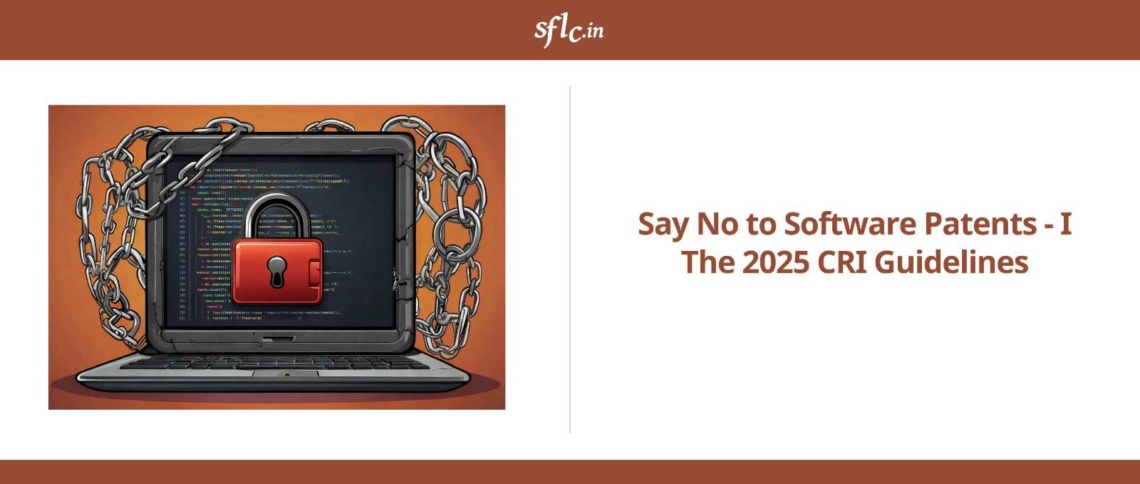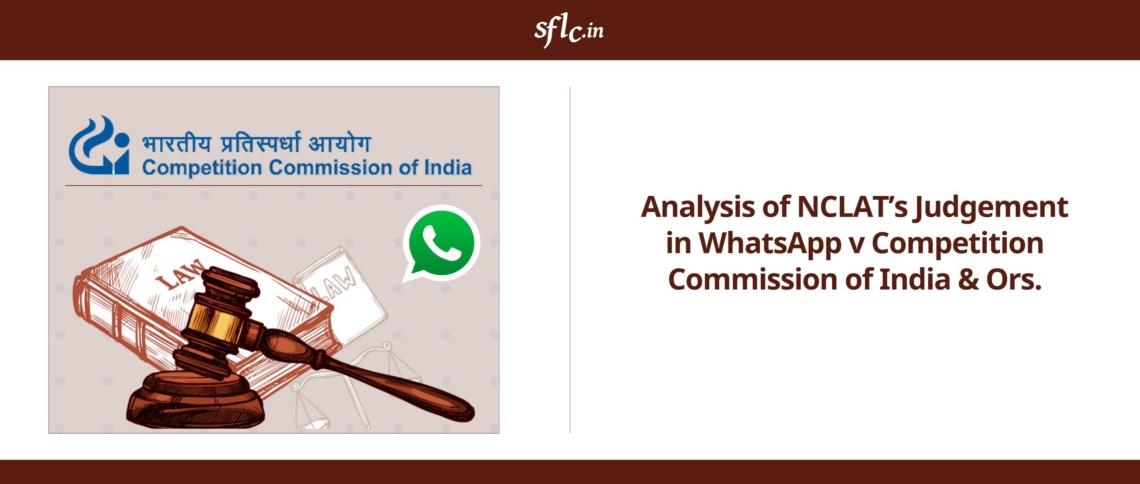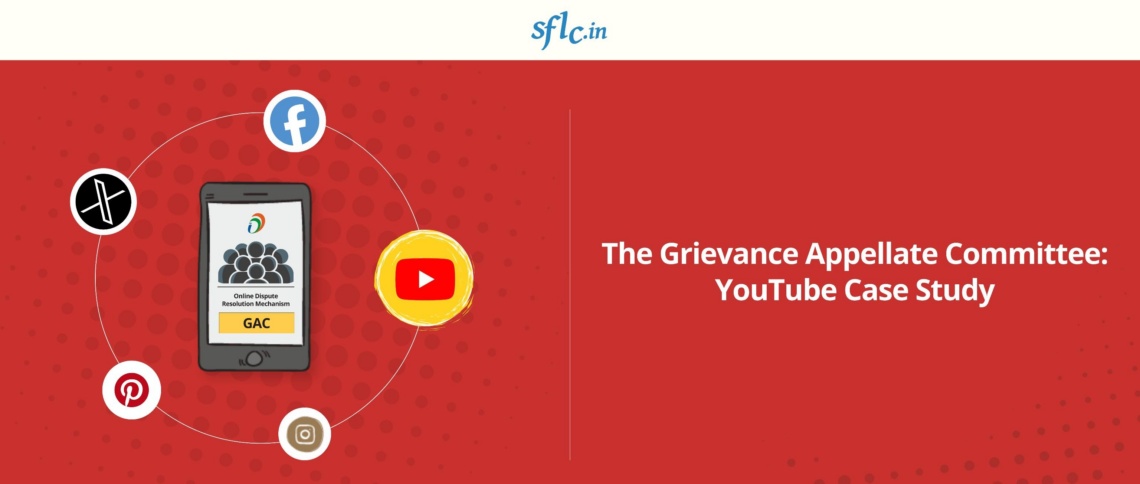What does the term information mean?
Information means any material in any form, including records, documents, memos, e-mails, opinions, advices, press releases, circulars, orders, logbooks, contracts, reports, papers, samples, models, data material held in any electronic form and information relating to any private body which can be accessed by a public authority under any other law for the time being in force.
What does right to information mean?
The Right to Information has been interpreted by the Supreme Court to be a part of fundamental rights guaranted under Article 19(1) of the Constitution. Article 19 (1) states that every citizen has the right to freedom of speech and expression. After the passing of the Right to Information Act, 2005, this right is now also a legal right granted by the statute. Right to information includes the right to inspect works, documents and records. It also includes the right to take notes, extracts or certified copies of documents or records and even take certified samples of the material. It even includes the right to obtain information in form of printouts, disks, floppies, tapes, video cassettes or in any other electronic mode.
When did this Act come into force and which territorial areas are covered?
It came into force on the 12th October, 2005 (120th day of its enactment on 15th June, 2005). The Act extends to the whole of India except the State of Jammu and Kashmir.
What is the object of the RTI Act?
This Act basically takes a practical approach towards securing access to information under the control of public authorities. It strives to promote transparency and accountability in the working of every public authority.
Which all bodies are covered under the term ‘public authority’?
Public authority means any authority, body or institution of government established by or under the Constitution; by any other law made by Parliament or the State Legislature or by notification issued by the appropriate Government. It also includes a body which is owned, controlled or sustantially financed, not to leave out any NGO which is even financially supported by the Government.
What are the rights available under the RTI Act?
The rights available to the party seeking information under the RTI Act are inspection of work, documents, records; taking notes, extracts or certified copies of documents or records; taking certified samples of material and obtaining information in the form of diskettes, floppies, tapes, video cassettes or in any other electronic mode or through printouts where such information is stored in a computer or in any other device.
Who is the authority to whom application is to be made?
An application for seeking information should be made to an officer of the public authority who is designated as Central Public Information Officer (CPIO). All the public authorities have designated their Central Public Information Officers and have posted their particulars on their respective web-sites. This information is also available on the RTI website(www.rti.gov.in).
Are private bodies covered under the RTI Act?
Private bodies like companies and firms are not covered by the Act. But any organisation which is owned, controlled or substantially financed by the Government is covered under the purview of this Act.
What is the method of seeking information? Is there an application form to be filled?
A citizen who requires to obtain any information under this Act should make an application to the Central Public Information Officer(CPIO) of the concerned public authority in writing in English or Hindi or in the official language of the area concerned. There is no specific format for filing an RTI in the departments of the Central Government. However, some State ministries and departments have a prescribed format in which the RTI should be filed. The name and address of the applicant is mandatory. The application shall not exceed 500 words excluding annexures and the addresses of the applicant and the PIO. However, an application will not be rejected if the the total number of words exceeds this limit. As the right is available only to citizens, it is advisable to state that the applicant is a citizen of India. The application for the retrieval of information need not specify the reason or purpose for which it is sought.
Is there any specific fee prescribed for filing an RTI? If yes, how can it be deposited?
Yes, there is a fee of Rs. 10 for departments under the Central Government. Also, Rs. 2 is to be paid for every page of information required. In addition to that, a nominal fee for inspection has also been prescribed. The first hour of inspection of documents will be free of cost and afterwards an amount of Rs.5 will be charged per hour. Also, if any information is being provided in a floppy or a disk, Rs.50 will be charged for that. These only apply to the Central Government Departments. The State Departments are governed by their own State rules. The fees can be paid in cash or by a DD/postal order/bankers cheque. Please note that if an applicant falls below poverty line, he is not required to pay any fee. In order to avail this exemption the applicant need to provide a copy of the certificate in this regard, issued by the appropriate Government.
Where can I get details of the concerned Public Information Officer (PIO) ?
The list of PIO’s of all Central and State Government departments is available on the RTI website(www.rti.gov.in). In case you cannot locate your concerned PIO, then you can address the application to the PIO c/o Head of Department and send it to the designated department.
Can the application be refused on any grounds?
The requested information can be denied on 10 grounds i.e. concerning sovereignty and integrity of India, expressly forbidden by Court or Tribunal, concerning breach of privilege of Parliament or Assembly, trade or commerce secrets and intellectual property, information given in fiduciary relationship, information given by foreign Government, leads to endanger life or physical safety of any person, impedes investigation, cabinet papers and personal information warranting unwanted invasion of privacy.
Are there any authorities /organisations which are outside the purview of the RTI Act?
There are 22 organisations placed under Second Schedule of the RTI Act which have been exempted to provide any information namely, Intelligence Bureau, Research and Analysis Wing, Directorate of Revenue Intelligence, Central Economic Intelligence Bureau, Directorate of Enforcement, Narcotics Control Bereau, Aviation Research Centre, Special Frontier Force, Border Security Force, Central Reserve Poilce Force, Indo-Tibetan Border Police, Central Industrial Security Force, National Security Guards, Assam Rifles, Sashastra Seema Bal, Directorate General of Income-tax, National Technical Research Organisation, Financial Intelligence Unit, Special Protection Group, Defence Research and Development Organisation, Border Road Development Board and National Security Council Secretariat. Recently, the Central Government has notified the inclusion of CBI, NIA and NATGRID in this schedule. Although the authorities under the second schedule are outside the purview of the Act, any information sought pertaining to allegations of corruption and human rights violations will have to be provided by them.
What can be done if the PIO or the concerned department does not accept the application without sufficient reasons?
A formal complaint can be filed in this regard to the respective Information Commission. The Information Commissioner has the power to impose a fine of Rs. 25,000 on the concerned officer who refused to accept the application.
How does the request for information get executed?
The CPIO is required to provide the information inquired within 30 days from the receipt of the application. If the application has been filed with the Assistant Central Public Officer(APIO), the application should be disposed off in 35 days. Also, if the information is concerning the life and liberty of an individual, it should be disposed off in 48 hours. If the CPIO rejects the application for information, specific ground should be mentioned and that should be communicated to the applicant. If any additional fee is to be paid e.g. fees for copies of information, it should be communicated to the applicant by the PIO. The time period taken by the applicant to pay that fee will not be counted in the specified 30 days time period in which reply should be given.
What is the remedy available under the Act if I do not receive a reply within the prescribed time or if I am not satisfied with the reply or information received ?
If an applicant is not satisfied with the reply or the reply is incorrect or if the application is rejected, the Act provides a provision for filing an appeal. Each authority will have a senior official desiugnated as the first appellate authority and the first appeal can be filed before him. In case the PIO does not provide the information asked for within the prescribed period, the applicant can submit a first appeal within 30 days form the expiry of that period, or in case the applicant is aggrieved by a decision of the PIO, he can submit the appeal within 30 days from the receipt of the decision. But, the appellate authority may accept the appeal after the prescribed time of 30 days if it thinks that there were sufficient grounds which prevented the applicant from filing an appeal.
Is there any prescribed fee for filing the first appeal? Does the Act stipulate any time frame for disposing the first appeal?
There is no requirement to pay any fee for filing the first appeal, however some State departments may have some prescribed fee. The first appeal has to be disposed off within 30-45 days of receipt of the appeal.
Does the Act provide for any remedy if an applicant is aggrieved by the decision of the First appellate authority?
If there is a provision for second appeal but it the last option under the RTI Act. The second appeal has to be filed before the Central Information Commission for departments of Central Government or the State Information Commission for departments of the State Government.
Is there any prescribed fee for filing the second appeal? Within how much stipulated time can I file a second appeal?
There is no requirement to pay any fee for filing the second appeal. The appeal should be filed within 90 days from the date on which the decision should have been made or the decision was actually received.
What all documents should I enclose along with my second appeal?
The following documents, duly authenticated and verified by the appellant should be filed along with the second appeal
1. Copy of the application submitted to the Central Public Information Officer.
2. Copy of the reply received, if any, from the Central Public Information officer;
3. Copy of the first appeal made to the First Appellate Authority;
4. Copy of the order received, if any, from the First Appellate Authority;
5. Copies of other documents relied upon by the appellant and referred to in his appeal; and
6. Index of the documents referred to in the appeal.
What is the remedy available if I am aggrieved by the decision of the CIC/ State Information Commissioner on a complaint or a second appeal filed?
A person aggrieved by the decision of the CIC or the State Information Commissioner can approach the concerned High Court by filing a writ petition under Art.226 of the Constitution of India.
I wish to file an RTI application. Can sflc.in help me in filing it?
sflc.in files RTI applications under its Project RTI for matters related to freedom and rights of citizens in the digital world and in matters that affect the use of Free and Open Source Software (FOSS). We can help you in filing an RTI application in this area. Please click here to Suggest an RTIto us, or to contact us for filing an RTI. Please also feel free to contact us at defender@sflc.in with any suggestions you may have for the sflc.in Project RTI.
Do I need a lawyer to pursue any of the proceedings under the Act?
The RTI Act tries to keep procedural formalities to a minimum and an applicant can pursue the proceeding without seeking any legal help. However, in some cases, where information has been denied, legal help could be useful in preparing the grounds of appeal and complaint.



